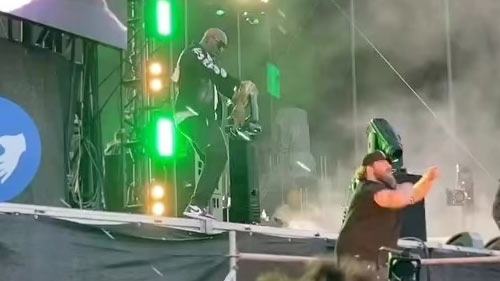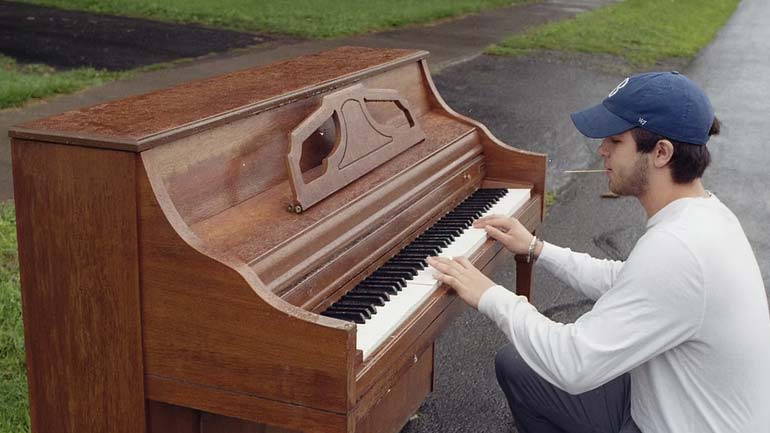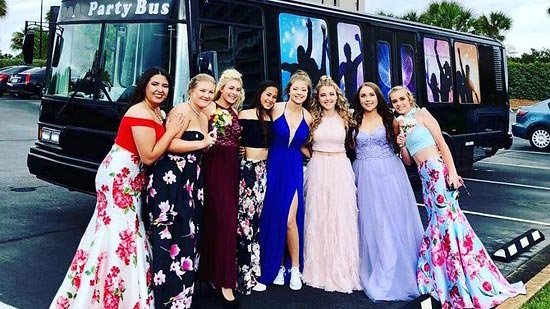
Music has the incredible power to transcend language barriers and connect people from diverse backgrounds. However, when musicians and artists perform in different countries or for multicultural audiences, language differences can still present a challenge.
How Professional Interpreters Contribute to Multilingual Music Concerts
This is where professional interpreters step in, contributing to the success of multilingual concerts by ensuring that the music and messages reach all attendees, regardless of their native languages.
Translating Lyrics & Song Introductions
In a multilingual concert, the artist may perform songs with lyrics in various languages. Professional interpreters translate these lyrics in real time, projecting the meaning and emotions conveyed by the music. Additionally, they provide translations for song introductions, helping the audience understand the context and significance of each piece.
Bridging the Artist-Audience Gap
When artists speak to the audience between songs or share anecdotes about their music, language professionals bridge the linguistic gap. They convey the artist’s words and emotions accurately, allowing the audience to connect with the performer on a deeper level.
Enhancing Cultural Understanding
Multilingual concerts often incorporate elements from different cultures, such as traditional music, dance, or storytelling. Interpreters play a pivotal role in enhancing cultural understanding by explaining the cultural context and significance of these elements to the audience. This fosters an appreciation for the diversity of music and artistry.
Inclusivity & Accessibility
Professional interpreters ensure that all attendees, regardless of their language proficiency, can fully engage with the concert. This inclusivity not only provides access to the music but also promotes diversity and multiculturalism within the audience.
Effective Communication with International Audiences
When artists tour internationally, they may perform in countries where they are less fluent in the local language. Language experts can help these artists communicate effectively with their international audiences, ensuring that the concert is not hindered by language barriers.
Real-Time Interpretation
Concerts are dynamic events with real-time interactions between the artist and the audience. Professional interpreters are skilled at providing immediate and accurate interpretations, keeping up with the fast-paced nature of live performances.
Keeping the Energy Alive
Language experts are adept at conveying not just the words but also the energy, enthusiasm, and emotions of the artist. This ensures that the concert’s energy remains high and that the audience remains engaged throughout the performance.
Enriching the Fan Experience
For fans who may not understand the artist’s language, professional interpreters enrich their concert experience. They allow fans to connect with the artist on a personal level by understanding the artist’s stories, anecdotes, and emotions behind the music.
Supporting Multicultural Collaborations
In a globalized music industry, artists often collaborate with musicians from different countries and language backgrounds. Language professionals facilitate communication and collaboration between these artists, helping them create seamless performances that transcend linguistic boundaries.
Highlighting Music’s Universal Language
While interpreters help bridge language gaps, they also emphasize a fundamental truth: music is a universal language that transcends words. By allowing audiences to access the emotions and messages conveyed through music, language professionals underscore the unifying power of melodies and harmonies.
Final Thoughts
In the world of multilingual concerts, professional interpreters are unsung heroes, working behind the scenes to ensure that music remains a universal language. Their role is not just about translating words; it’s about fostering connections, promoting cultural understanding, and creating inclusive concert experiences.
By breaking down language barriers, interpreters contribute to the magic of music, allowing artists to share their talents with audiences from around the world and making concerts truly “music without borders.”




